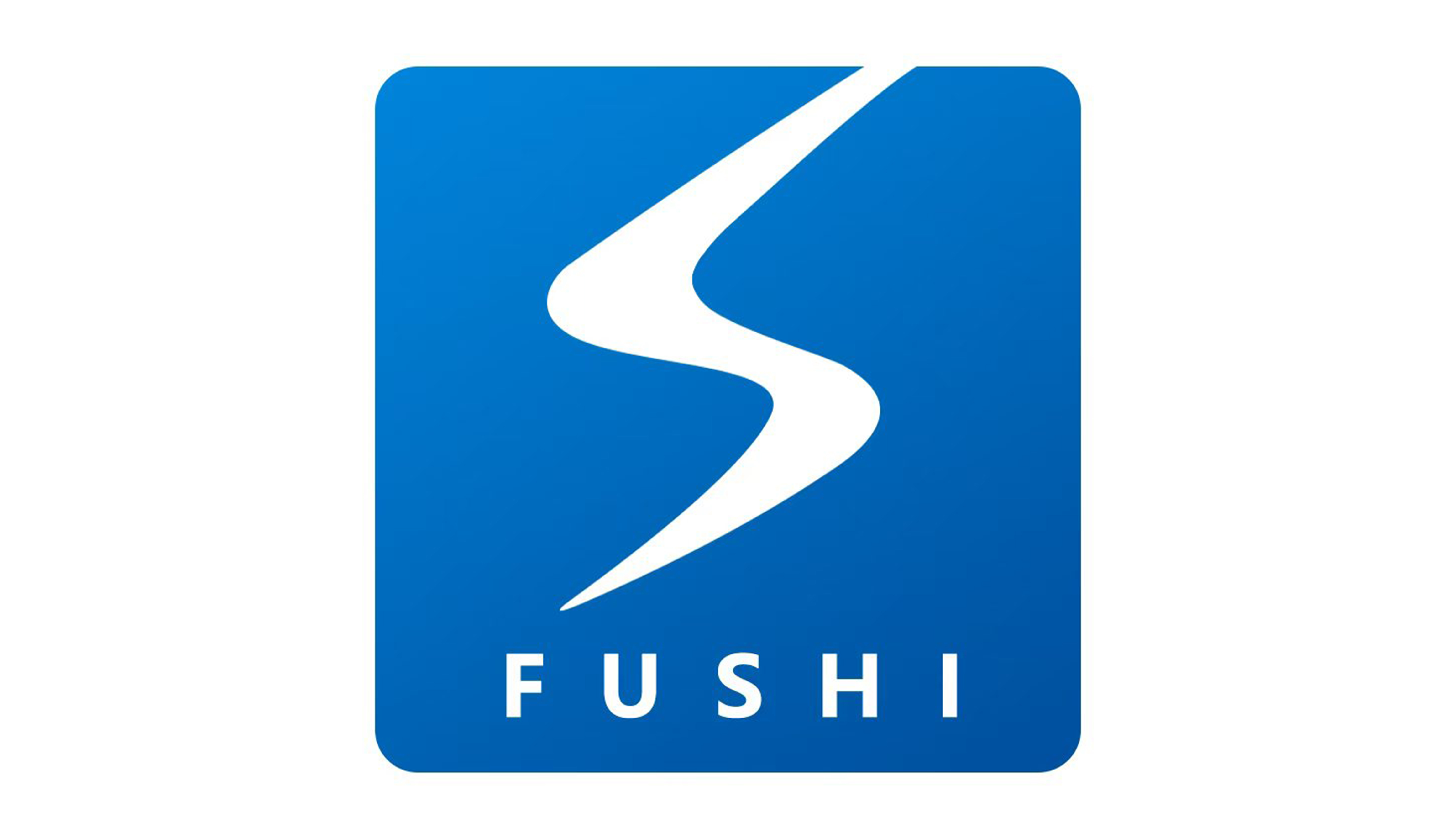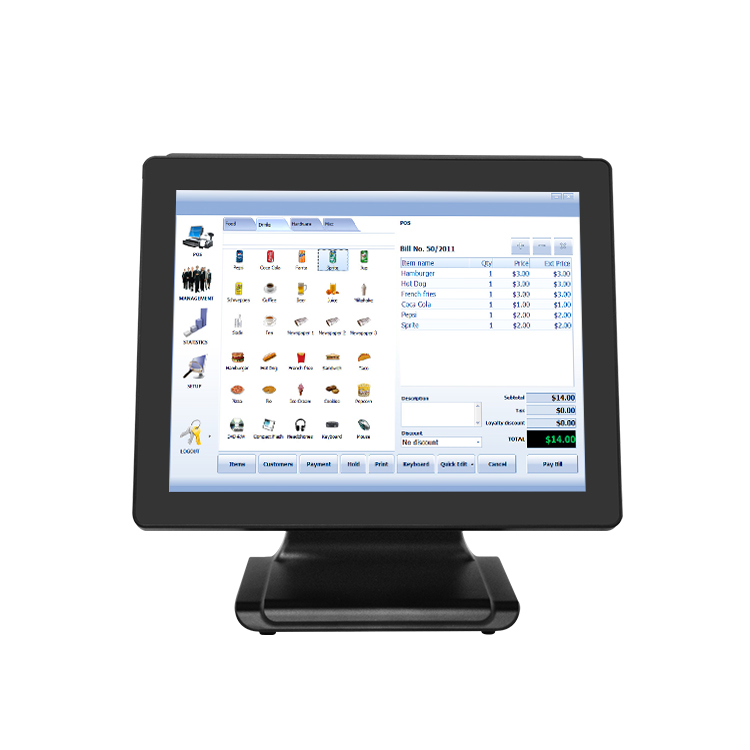The Basics of POS Machines:
What is a POS machine for credit cards? A POS (Point of Sale) machine is an electronic device used by businesses to process payments made using credit or debit cards. It serves as the physical interface between the customer and the payment gateway, allowing for secure and efficient transactions. This article will delve into the various aspects of POS machines and their importance in the world of electronic payments.
How POS Machines Work?
POS machines are designed to simplify the payment process for businesses and customers alike. When a customer makes a purchase using a credit card, the transaction data is captured by the point of sale machine. This information typically includes the cardholder's name, card number, expiration date, and CVV code. The machine then encrypts and securely transmits the data to the payment processor, which verifies the card details and authorizes the transaction.
The Key Components:
A typical POS machine consists of several key components:
- Card Reader: This component reads the information embedded in the magnetic stripe or chip of the credit card.
- Display Screen: The display screen allows the customer to view the transaction details and verify the payment amount.
- Keypad: The keypad enables the customer to enter their personal identification number (PIN) for added security.
- Receipt Printer: Once the transaction is authorized, the POS machine prints a receipt for the customer as proof of payment.
- Connectivity Options: POS machines can have various connectivity options such as Ethernet, Wi-Fi, or Bluetooth to connect to the payment network.
The Benefits of POS Machines:
POS machines offer numerous benefits to both businesses and customers:
Efficiency and Accuracy
POS machines streamline the payment process, allowing for quick and accurate transactions. They eliminate the need for manual calculations and reduce the risk of human errors, ensuring that the correct payment amount is processed.
Improved Record Keeping
Modern point of sale machine are equipped with software that tracks and records sales, providing businesses with accurate and up-to-date sales data. This data can assist in inventory management, financial reporting, and decision-making processes.
Enhanced Security
POS machines employ encryption technology to ensure the security of cardholder data during transmission. Additionally, the use of PIN entry adds an extra layer of security, reducing the risk of fraudulent transactions.
Acceptance of Multiple Payment Methods
Most POS machines are not limited to credit cards only. They can also accept various payment methods such as contactless payments, mobile wallets, and gift cards, providing convenience to customers and expanding the potential customer base for businesses.
The Future of POS Machines:
As technology continues to advance, point of sale machine are evolving and incorporating new features. The introduction of NFC (Near Field Communication) technology allows for contactless payments, further enhancing the convenience and speed of transactions. Additionally, cloud-based POS systems are gaining popularity, allowing businesses to access sales data and manage their operations remotely.
In Conclusion
POS machines have revolutionized the way businesses handle credit card payments. They have become an essential tool for businesses of all sizes, providing efficiency, accuracy, and enhanced security. As technology continues to evolve, it is likely that POS machines will continue to adapt, offering even more advanced features and improving the overall payment experience for both businesses and customers.
https://zn-bio.com/
https://www.zwintelligent.com/
point of sale machine pos cashier machine pos terminal machine



